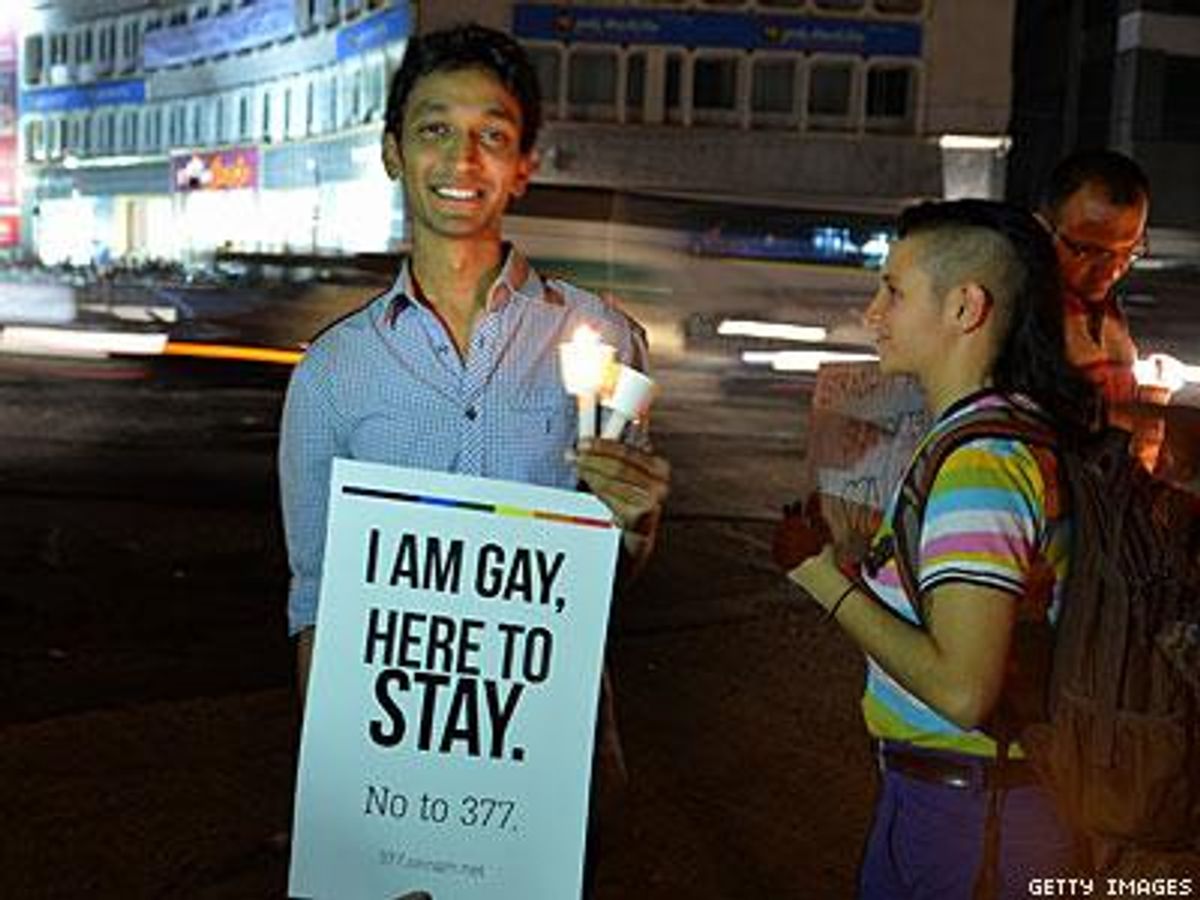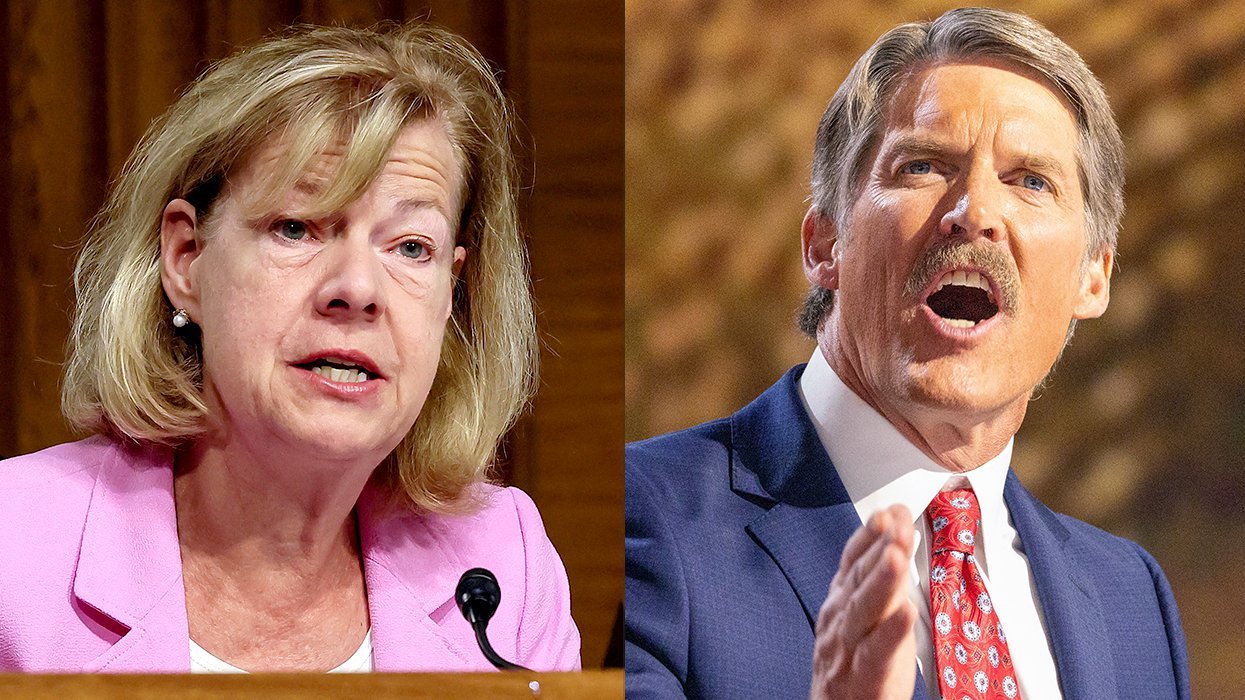India's Supreme Court today refused to reconsider its December decision that recriminalized gay sex in the nation.
The court dismissed petitions from the Indian government and LGBT rights groups seeking a review of the ruling, which reinstated a law, dating from the British colonial era, "which says a same-sex relationship is an 'unnatural offence' and punishable by a 10-year jail term," according to the BBC.
The Delhi High Court struck down the law in 2009, but the Supreme Court overturned that ruling December 11, saying only Parliament, not the courts, could change the law -- Section 377 of the nation's penal code, which prohibits activities described as "carnal intercourse against the order of nature with any man, woman or animal."
In their petition for a rehearing, activists including the Naz Foundation pointed out that many LGBT people had come out since the 2009 ruling and now faced prosecution, reports India Today. They also noted that criminalizing gay sex impeded HIV prevention efforts and that most of all, it was a violation of fundamental human rights.
"Although the law has rarely -- if ever -- been used to prosecute anyone for consensual sex, it has often been used by the police to harass homosexuals," the BBC notes.
Activists expressed disappointment with today's decision. "The Supreme Court has turned a cold shoulder to these groups and their suffering," Arvind Narrain, one of the lawyers representing the human rights organizations, told Reuters. "The court had an opportunity to correct itself today. This is a court that is meant to be for all human beings."


















































































